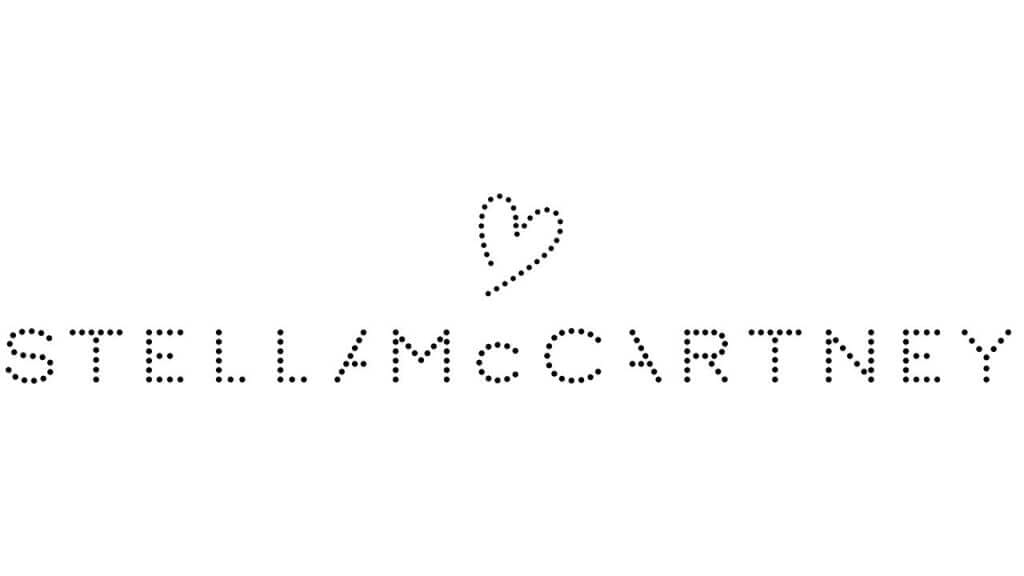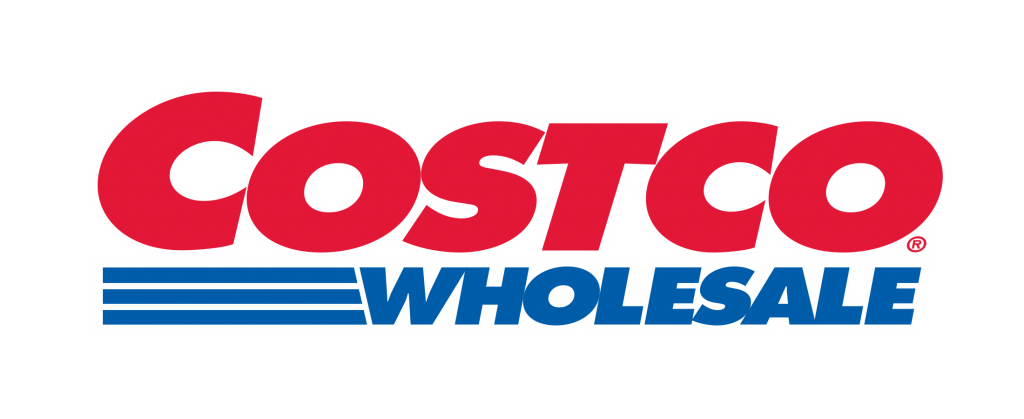The pandemic uncovered gaps and weaknesses in supply chains that require organizations to transform themselves digitally faster than expected, starting with sustainability.
Today’s consumers place a great deal of importance on ethical practices and sustainability efforts when making purchasing decisions. They want organizations to prove that they are making purchases with companies that align with their values. In addition to customers, stakeholders also want transparency and visibility. Although sustainability reporting is, for the most part, voluntary, most of the largest global organizations now publish sustainability practices, and stakeholders will soon look for small and medium-sized companies to publish these reports as well. The only way to provide accurate reporting is through software applications that allow for tracking and transparency across the product lifecycle to ensure the industry standards of compliance are met.
Technology is no longer a competitive advantage but necessary for survival in the new normal. With the pandemic accelerating digital transformation across all industries, it’s essential to stay focused on supply chains and their integral role in achieving sustainability initiatives. As every organization works to re-invent itself to survive in these challenging times, achieving more meaningful sustainability goals will make them stronger, more resilient, and quicker to adapt.
Companies across the globe have already leveraged technology to create a winning sustainability strategy. Here are five companies, from startups to global giants, leading the way in the Fourth Wave of environmentalism:
Bowery

It should come as no surprise that Bowery has the backing of Google Ventures, celebrity chef Tom Colicchio, and several other investors. An indoor farming startup, Bowery, leverages a system of sensors, AI, and a proprietary machine-learning operating system that controls the amount of water, light, and nutrients their crops receive. This tech suite allows Bowery to use no soil and 95% less water during the farming process than traditional agriculture. While this tech suite allows Bowery to impact their business model and the environment early on, they can set their next goal to strive for more transparency into their logistics process to improve shipping and distribution sustainability.
SkyCell

SkyCell is a Swiss-based provider of temperature-controlled containers equipped with IoT (“internet of things”) sensors connected to cloud-based, blockchain-encrypted software. The sensors in the containers monitor critical factors in the safe and successful delivery of pharmaceuticals, such as temperature and humidity, and protects against any spikes or drops. Particularly in the pharmaceutical industry, wasted or damaged products can severely affect the environment and the end-consumers receiving the product.
Jackson Family Wines

Jackson Family Wines agreed to be part of Tesla’s pilot stationary storage solution. Tesla’s sophisticated algorithms have been at work using data like historical temperatures, energy use, time of day, electricity rates, and more to understand when to use battery storage to save energy and money. This data allows Jackson Family Wines and other companies that leverage similar technology in the future to save on overhead operational costs and resources and limit the amount of wasted natural resources throughout the harvesting process.
Stella McCartney

This year, Google Cloud partnered with designer Stella McCartney to build a tool that uses data analytics and machine learning to help fashion brands estimate their production process’s environmental impact. The tool, which is expected to launch next year, analyzes data from numerous sources and measure soil quality, water run-off, wastage, and greenhouse gas emissions.
Costco

Water is a growing risk factor for a business. This risk is why Costco partnered with Apana, an analytics tech startup, to utilize software that analyzes the company’s water use to reduce utility bills and improve how the company measures and manages water.
By incorporating sustainability reports into an organization’s digital transformation strategy, leaders can map the information and metrics from applications such as the Suuchi GRID into sustainability reporting templates. The GRID provides visibility, traceability, and the inclusion of sustainability KPIs integrated into vendor scorecards, helping accelerate a company’s sustainability efforts.
